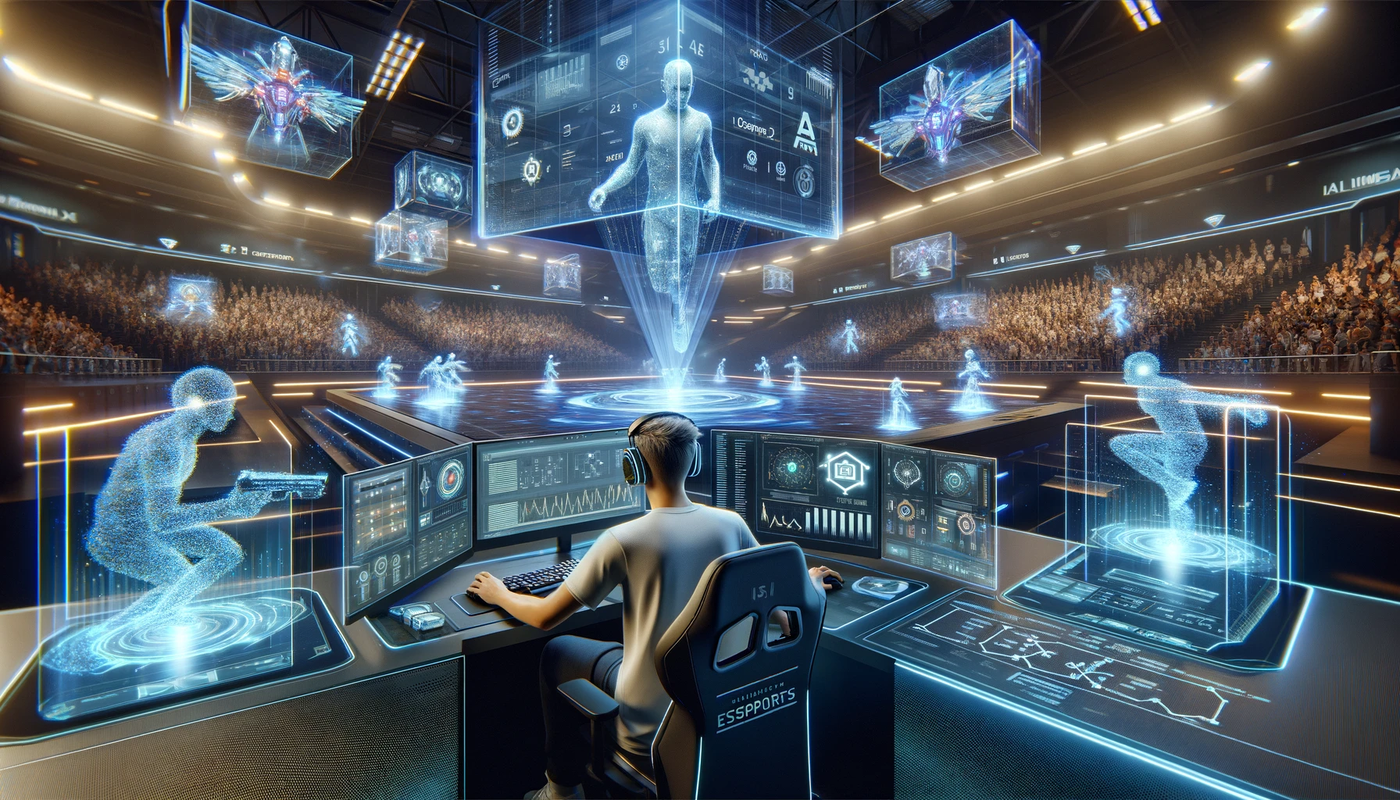In the high-stakes world of esports, where victories are often decided in the blink of an eye, the integration of AI and machine learning is revolutionizing player performance and strategic game planning. This technological synergy is not only enhancing the way players train and compete but is also redefining strategic approaches within the competitive gaming sphere.
Historical Context and Technological Evolution
Esports has grown from niche beginnings into a global powerhouse, paralleled by advancements in AI and machine intelligence that echo the evolution of match masters in traditional games. Unlike traditional sports, esports offers an unparalleled digital platform ripe for the integration of advanced data analytics and performance optimization techniques.
Enhancing Player Performance with AI
AI-driven analytics are proving invaluable in dissecting player actions and strategies with high precision. These tools analyze extensive data sets, including in-game actions and physiological data, to pinpoint areas of improvement. This deep dive into analytics allows for personalized training programs, enhancing everything from reflexes to strategic decision-making.
Machine learning algorithms play a critical role in fine-tuning player skills and improving team dynamics. They analyze communication patterns and gameplay strategies, providing insights that promote better team synergy and individual performance.
Strategic Insights Through Machine Learning
Machine learning excels in decoding complex game scenarios and predicting opponents' moves, giving teams a strategic edge. This capability enables more informed tactical decisions, from player selection to real-time game adjustments. Additionally, AI can simulate various gameplay strategies, allowing teams to refine tactics and adapt quickly to opponents' strategies.
Real-Time AI Assistance and Adaptive Gameplay
AI's real-time analysis capabilities are crucial during competitions, offering instant strategic guidance and adaptive tactics. This not only sharpens competitive play but also adds an element of surprise, enhancing the spectator experience. AI-driven tools assist coaches by providing immediate insights, allowing for swift tactical changes that can alter the course of a game.
Navigating Ethical and Regulatory Challenges
The adoption of AI in esports is not without its ethical dilemmas and regulatory challenges. Issues such as data privacy, fairness, and the integrity of competition are at the forefront. Ensuring that AI tools are used responsibly and transparently is vital to maintaining the competitive integrity of esports.
Concerns over AI biases and their impact on competition fairness must be addressed through diverse data inputs and rigorous algorithm testing. Establishing clear regulations for AI use in esports is essential to balance technological advantages with fair play.
Conclusion: The Future of AI in Esports
AI and machine learning are set to continue their transformative impact on esports, pushing the boundaries of player performance and strategic planning. As these technologies evolve, they will further deepen their role in training, strategy development, and real-time decision-making. Embracing AI responsibly and ethically will propel esports into a new era of competitive excellence and innovation, ensuring it remains at the cutting edge of entertainment and technology.








